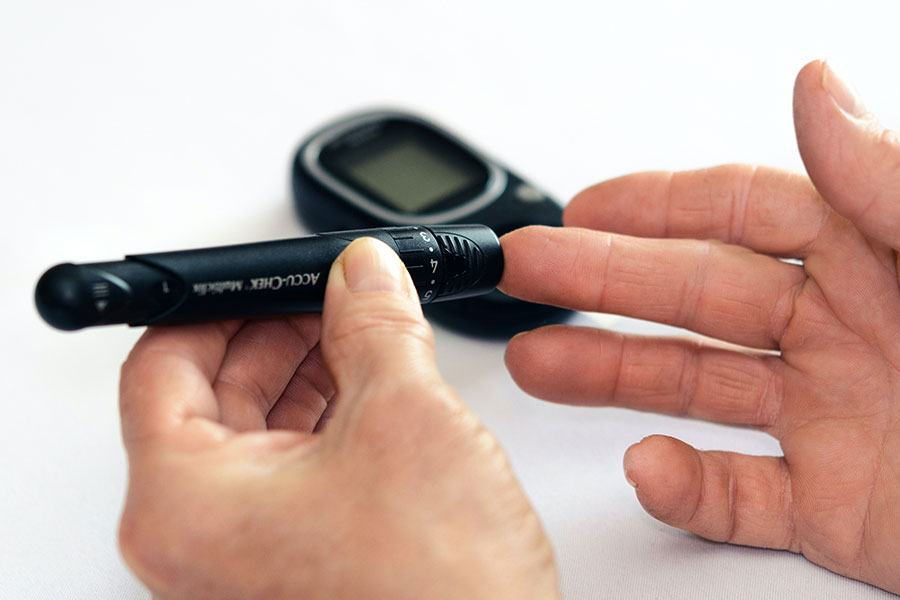This topic takes on average 55 minutes to read.
There are a number of interactive features in this resource:
 Biology
Biology
 Human biology
Human biology
 Science
Science
Diabetes mellitus (often referred to as ‘diabetes’) is a lifelong condition where sufferers cannot properly regulate the way their body uses sugars (glucose). Glucose is the main chemical transported through the blood to deliver energy where it is needed, such as the brain and muscles. The World Health Organisation state 422 million people worldwide suffer from diabetes; of which nearly 5 million are in the United Kingdom.
The ancient Egyptians first recognised the disorder now known as diabetes mellitus. The name relates to 'sweet tasting urine' because one of the signs of the disease is that sugar (glucose) can be found in the urine. Physicians in the past would have tasted the urine of patients to detect diabetes mellitus.
It was not until 1922 that insulin was discovered and successfully used to treat diabetes. Until then, those suffering with diabetes would die prematurely due to problems caused by their diabetes, such as severe weight loss and cardiovascular disorders.
Today, diabetes is not such a killer. The way it is controlled depends largely on the specific type of diabetes the person has as will be seen on the following pages. However, if not managed correctly, diabetes can cause problems with the heart and circulation, kidney damage and blindness. The number of sufferers has continued to increase over recent decades, and worldwide, several million people continue to die each year due to disorders associated with diabetes.
